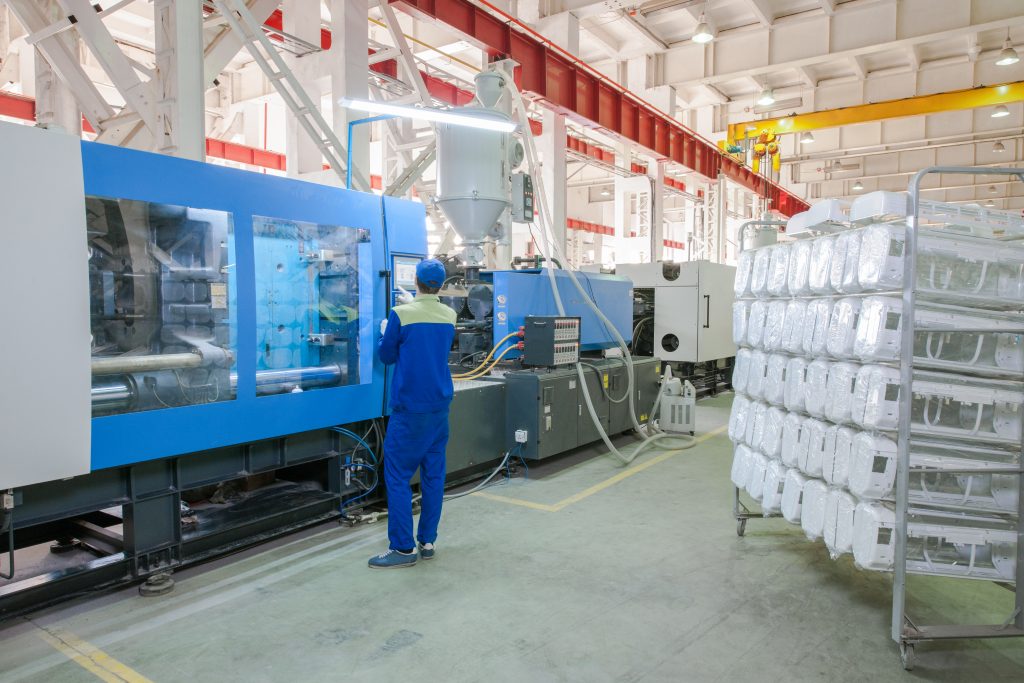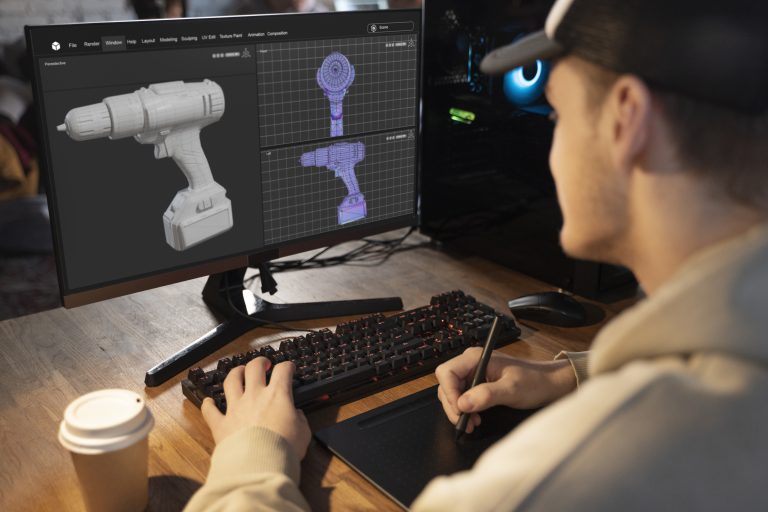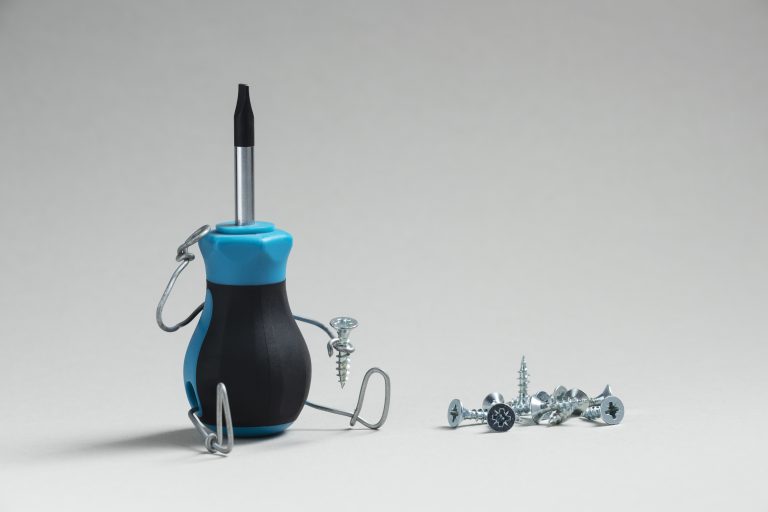Plastic injection moulding is a process requiring skilled operators with a flair for creativity and dedication to quality control. Customer orders must be completed precisely to specification, on time and to budget. At the same time, machinery must be operated safely and efficiently. Waste must be kept to a minimum and materials reused as much as possible. All of this is a wide brief for plastic moulders.
What do plastic moulders do?
Plastic moulders operate the injection moulding machinery, often overseeing the manufacturing process from start to finish. This will include designing and installing bespoke moulds to create the plastic components, choosing and adding the plastic materials and managing the heating and cooling stages until the finished component is ejected from the mould and passed to quality control.
Plastic moulders will also visually inspect components for signs of damage or defects, as well as change tools, carry out routine machine and tooling maintenance and ensuring finished parts are in the right place for onward delivery. All of this at the same time as following safety protocols, carrying out training to remain up to date and contributing to overall improvements and process optimisation.
Key characteristics for plastic moulders
Being a skilled plastic moulder demands a unique blend of skills, personality traits, and experience. Here are five important qualities that successful plastic moulders share, regardless of the components they produce, industries they serve, or manufacturing methods they employ.
- Technical aptitude
As with all manufacturing jobs of this nature, a basic requirement of the role is aptitude, experience and skill in the techniques and processes being employed. When choosing a plastic injection moulding company, look at how well qualified the plastic moulders are, and what level of training they have achieved. The higher the skills, the better customers’ finished products will look and perform. Higher skilled plastic moulders can also take on more complex projects, such as larger sizes, irregular shapes, customised colours, unique finishes and intricate designs.
- Health and safety first
Keeping yourself and others safe at work is vital in all walks of life, but particularly when com-plicated machinery and molten plastics are involved. Good plastic moulders will always prioritise safety and only work according to safe, approved methods and parameters. This is a vital characteristic for plastic moulders to have, and one that could potentially be lifesaving when it comes to overseeing a safe manufacturing process, as well as ensuring that finished plastic parts remain fit for purpose and structurally sound well after they have left the plastic moulders’ machines.
- Team players
Manufacturing is a team process, with different people responsible for different stages and actions. Plastic moulders will have their own areas to look after, as laid down in their job description, and in every project briefing they receive. However, the most effective plastic moulders will be willing and able to help out elsewhere in the process as required. This is an important attitude for plastic moulders to display. It will ensure customers’ orders can be completed safely, effectively, to budget and on time, thanks to the efforts of the entire team.
- Quality driven plastic moulders
Excellent plastic moulders share a passion for quality, doing everything in their power to ensure the best possible results. They will follow customer design briefs carefully, pay attention throughout the moulding process and inspect the finished items meticulously to ensure that there are no weak spots, damage, errors or defects. This all means that the customer can be reassured that their order is in safe hands, and that every effort will be made to produce the best possible results. For quality-drive plastic moulders, their work speaks for itself and their efforts greatly enhance their company’s reputation.
- Innovation and curiosity
Finally, plastic moulders that share an innate sense of curiosity and innovation in their thinking can really help customer orders reach their full potential. They can use their technical knowledge and experience to inform changes, predict how parts will perform and suggest aesthetic alterations, such as colour texture or printed elements. Curious plastic moulders will be keen to keep up with the latest advancements in the industry and to consider how these can be incorporated into their own work and their company’s services and processes.





